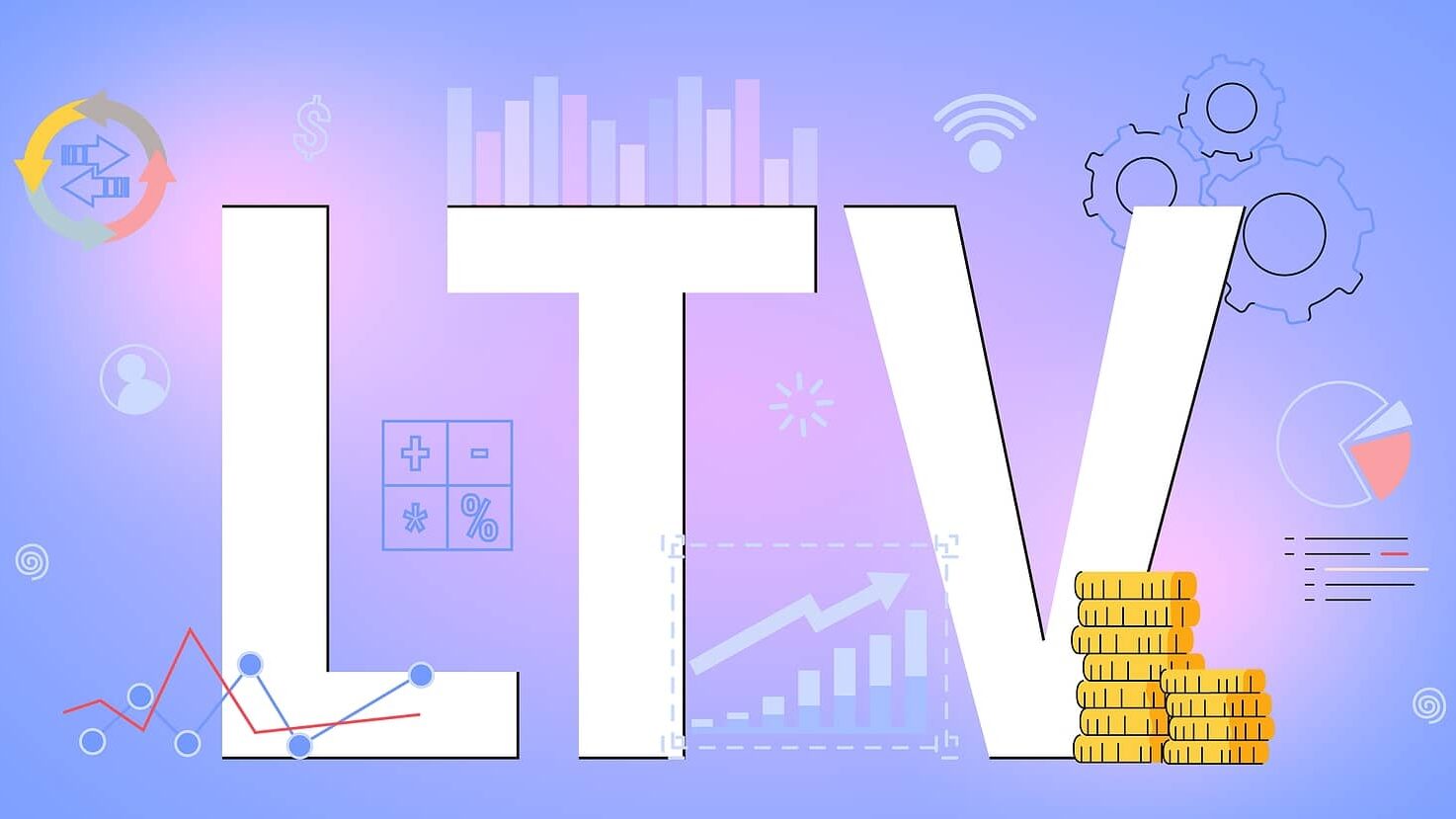
In Ontario, debt consolidation involves merging multiple debts into one, typically through a loan or other financial arrangement, simplifying repayment and potentially lowering interest rates to ease the burden of debt.
What Options Are There to Consolidate Debt?
Using the equity in your home is a great way to access the funds to pay off high interest debt. Instead of taking out a separate loan agreement, a homeowner can tap into equity and merge all monthly liability payments into a payment that comfortably fits into the budget.
Examples of second mortgage options that would provide the funds to ease the monthly financial strain can include:
All of these mortgage options have several things in common. You must be a homeowner and have significant equity in your home. Good credit, in addition to a substantial household income, and the appraised value of your property will play a significant role in determining the overall amount of the loan.
Will Consolidating Debt Lower Your Credit Score?
Consolidating debt won’t harm your credit score despite concerns about its impact on overall credit ratings. Don’t worry. Your credit rating will improve if you can easily make your monthly payment. The lower interest rates associated with debt consolidation will also help to bring up your credit score.
Are There Any Downsides to Debt Consolidation Loans in Ontario?
- You may be required to use other assets besides your home as collateral for a low interest rate.
- Missing consolidation loan payments could lead to property loss since the loan is secured by it.
- Late payments can negatively affect your credit score.
Debt Consolidation Loans in Ontario and the Route to Financial Freedom
Of all the options, a debt consolidation loan may be the most suitable option for some Ontario homeowners. With a debt consolidation loan, multiple debt payments can be reduced to one monthly payment, enabling a homeowner to cover all other housing costs comfortably.
Lower interest rates on a second mortgage save more on payments compared to high interest debts like credit cards. Most Ontario-based lenders will offer debt consolidation loan options. However, the banks will require strong credit for loan approval. If a bank denies a debt consolidation loan, homeowners with poor credit can consider a private second mortgage option.
While a bank will require a very strong credit score and sizable household income to approve a second mortgage, private lenders in Ontario can base a second mortgage on the appraised value, location, and condition of your property. A private lender will calculate the LTV (Loan-To-Value) when determining the mortgage amount.
Simply put, the LTV ratio is the percentage of the property’s value owed in mortgages. If a homeowner has a home worth $1,000,000 with a $500,000 first mortgage and is requesting a $250,000 second mortgage, the LTV ratio for the requested mortgage can be up to 75% of the property’s value. Generally, a private lender will not exceed an LTV of 75% for most urban properties and up to 65% for rural properties. To determine loan feasibility and terms, private lenders must assess property conditions, including issues like water damage. A thorough evaluation of the property is necessary before leveraging the loan to determine the final private mortgage loan amount.

A private lender must also assess the degree of equity a homeowner has in their property. In general, an Ontario homeowner must have at least $70,000 in available equity for a private mortgage loan.
Mortgage Broker Store Can Help You with Consolidation Options
Don’t let debts get on top of you. Discover mortgage options to reduce monthly debt payments by leveraging your home equity. Explore now for financial relief. At Mortgage Broker Store, we access a broad network of well-established and experienced private lenders who can advise you on the best debt consolidation options despite credit issues. Contact us at your convenience to set a time to discuss your unique financial goals.
